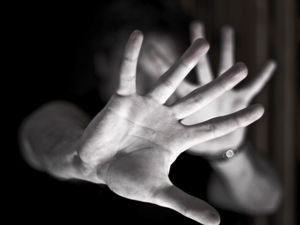From this definition, intense family conflict can be categorized as abusive when power and control are parts of the fray.
As another article states so well; "When love has become interwoven with violence, the nature of the family changes." (Read the Full Page: Domestic Violence – The Great Challenge of Violence – Common Types of Counseling AllAboutCounseling.com ). Recognizing this pattern and being motivated to change things for a more healthy pattern is a task that many families face, whether everyone in the family is on board with this quest or not. The question one is faced with is: am I willing to change?
He says that I do things to make him angry. Am I to blame for his violence?
No. Abusive men often blame other people or situations for their violence. Many say their partners provoke them. The truth is that no one can cause another person to be violent. His violence is never justified. How he behaves is his choice and his responsibility. In fact, you can probably think of times where other people made him angry and he chose not to respond to them with violence or abuse. Click here for more good questions to ask one's self.
More indicators that definite violence has increased in your home is these indicators: According to Domestic Violence London, ..."Despite what many people believe, domestic abuse is not due to the abuser’s loss of control over his behaviour. Domestic abuse is a deliberate choice made by the abuser.
In the majority of cases the following can be said to be true of his behaviour;
- He is not violent with other people i.e. his boss
- He is able to stop and compose himself if the police arrive or the doorbell rings
- If he uses physical violence he is able to choose where to cause visible injuries - often in places where others can not see them
- He damages the victims possessions but rarely his own"


